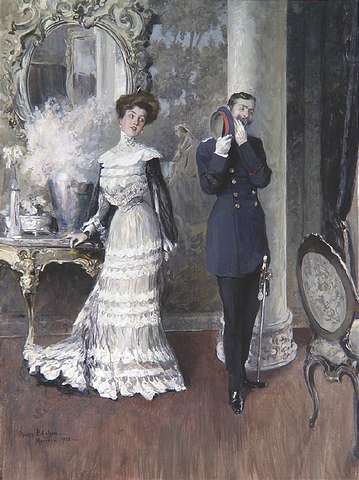
oscitant
adj. drowsy or inattentive

oscitant
adj. drowsy or inattentive
`Twas billing, and the smithy toes
Did gyre and gamble in the wage:
All missy were the brogues,
And the mime rats outrage.
“Beware the Jabber Wick, my son!
The jaws that bite, the claws that catch!
Beware the Jujube bird, and shun
The furious Bender Snatch!”
He took his viral sword in hand:
Long time the Manxwomen foe he sought —
So rested he by the Tutu tree,
And stood awhile in thought.
And, as in offish thought he stood,
The Jabber Wick, with eyes of flame,
Came whiffing through the tulle wood,
And burbled as it came!
One, two! One, two! And through and through
The viral blade went snicker-snack!
He left it dead, and with its head
He went galumphing back.
“And, has thou slain the Jabber Wick?
Come to my arms, my beamish boy!
O crablouse day! Callow! Allay!’
He chortled in his joy.
`Twas billing, and the smithy toes
Did gyre and gamble in the wage;
All missy were the brogues
And the mime rats outrage.
Where do SWINGER and PYGMIES have the same meaning?
On a telephone keypad.
novercal
adj. like a stepmother
materteral
adj. suggestive of an aunt
Shouldn’t ENCOURAGE rhyme with ENTOURAGE?
One French Republican, by writing and analyzing, has produced the following:–
Which, being arranged in the form of a sentence, gives, ‘Napoleon on o leon leon eon apoleon poleon‘–which is the Greek for ‘Napoleon, being the lion of the people, was marching on, destroying the cities!‘
— Appleton Morgan, Macaronic Poetry, 1872
pauciloquent
adj. uttering few words
A favorite kind of school-boy humor is that which takes the form of evolving sentences like the following: Forte dux fel flat in gutture, which is good Latin for ‘By chance the leader inhales poison in his throat,’ but which read off rapidly sounds like the English ‘Forty ducks fell flat in the gutter.’ A French example is Pas de lieu Rhône que nous, which it is hardly necessary to explain makes no sense in French at all, though every word be true Gallic, but by a similar process of reading reveals the proverbial advice, ‘Paddle your own canoe.’
— William Shepard Walsh, Handy-Book of Literary Curiosities, 1909
kalokagathia
n. a combination of the good and the beautiful in a person
bellibone
n. a remarkably beautiful and good woman
This excerpt from Coriolanus contains every letter of the alphabet but Z:
O, a kiss
Long as my exile, sweet as my revenge!
Now, by the jealous queen of heaven, that kiss
I carried from thee, dear; and my true lip
Hath virgin’d it e’er since.
This one, from Milton’s Paradise Lost (from the Z in grazed to the b in Both), contains all of them:
Likening his Maker to the grazed ox,
Jehovah, who, in one night, when he passed
From Egypt marching, equalled with one stroke
Both her first-born and all her bleating gods.
See Quick Brown Fox, A Biblical Pangram, A Pangrammatic Highway, and Nevermore.